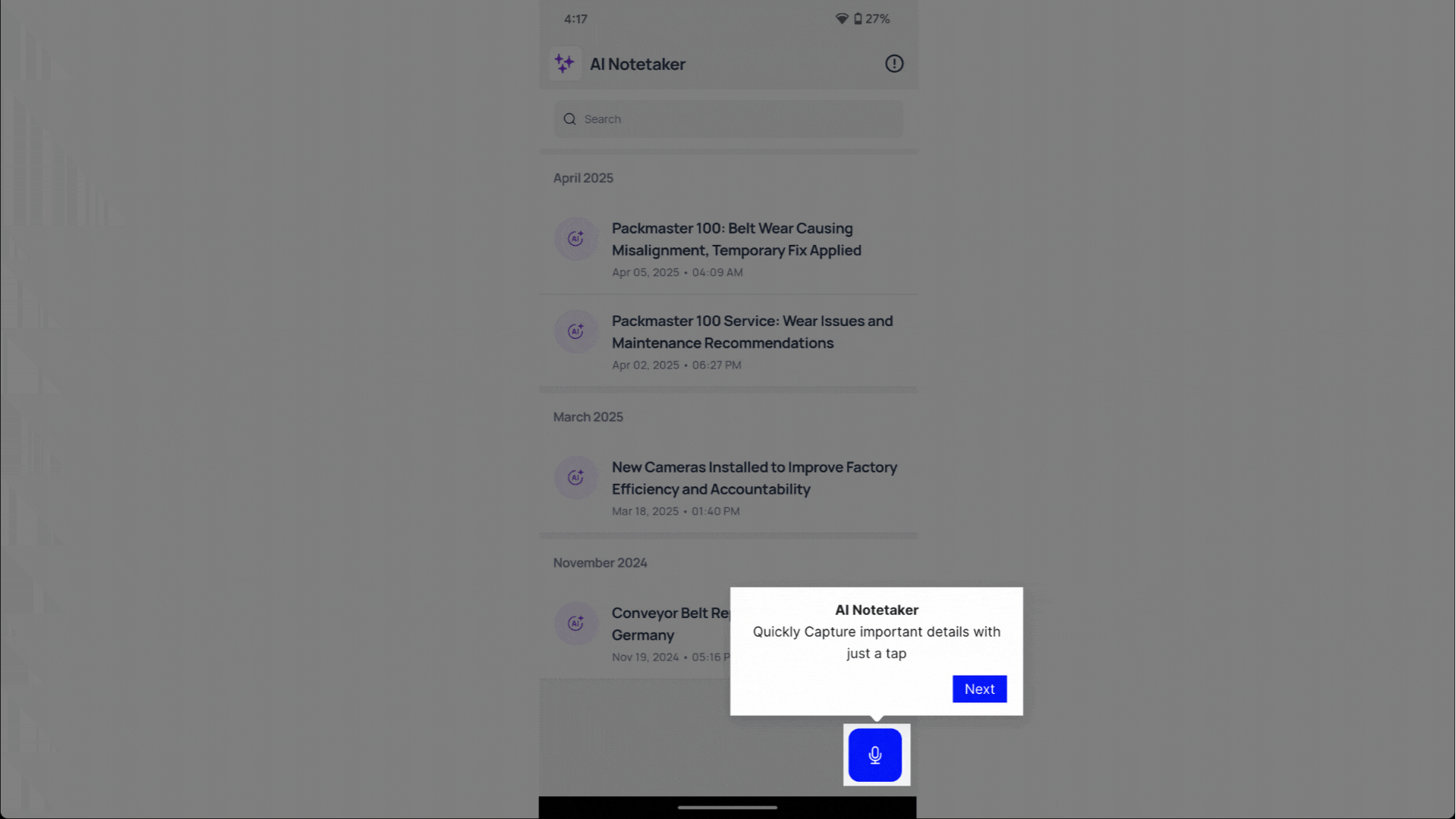5 AI-Powered Features Changing Field Service in 2026
AI has quietly become the backbone of modern field service. Once a novelty, it’s now embedded in the daily workflows of leading OEMs, from job scheduling and diagnostics to customer interactions and knowledge management.
As 2026 unfolds, the question isn’t whether field teams will adopt AI, but how quickly they’ll scale it. This article breaks down five concrete, value-driving AI features that are transforming field service for industrial leaders.
1. Predictive Maintenance Using Real-Time Data
AI models help OEMs forecast equipment failure before it happens. By analysing live sensor feeds, service logs, and environmental data, predictive maintenance lets service teams act before downtime hits.
External reference: ServiceMax Predictive Maintenance Case Study
2. AI Scheduling and Dynamic Dispatch
No more whiteboards and guesswork. AI tools now schedule technicians based on skills, location, priority, and parts availability. This ensures SLAs are met, and time-on-site is maximised.
3. Natural Language Ticketing and Summarisation
AI transforms technician input into structured service data. Whether voice notes or written updates, natural language processing (NLP) automatically categorises, summarises, and routes tickets.

Digitalise Field Service
Makula Industrial AI
4. AI Copilots for On-the-Job Support
Field techs can now access AI-powered copilots for step-by-step support during complex service tasks. These copilots recommend actions, access manuals, and draw from company knowledge bases in real time.
5. Proactive Customer Engagement
AI helps identify customers who might be about to churn or those ready for an upsell. By analysing usage, support logs, and asset history, it enables timely, proactive engagement.
Conclusion: AI is Now Core to Field Service
Field service is no longer a back-office function, it’s a frontline business driver. In 2026, AI is doing more than assisting; it’s actively guiding, predicting, and optimising field operations in real time.
From intelligent dispatching and summarisation to on-the-job copilots and proactive customer outreach, AI is redefining how industrial service teams deliver value. For OEMs, this shift isn't just about tools, it’s about transforming how service is delivered, measured, and monetised.
The journey isn’t about replacing technicians or managers. It’s about equipping them with smarter, context-aware support that helps every job get done faster, better, and more predictively. The winners in this space will be those who can scale AI pragmatically, without overcomplicating the rollout or losing sight of frontline needs.
If you’re exploring how to future-proof your field service operations, now is the time to evaluate platforms that blend AI capability with real-world service logic.



.webp)

